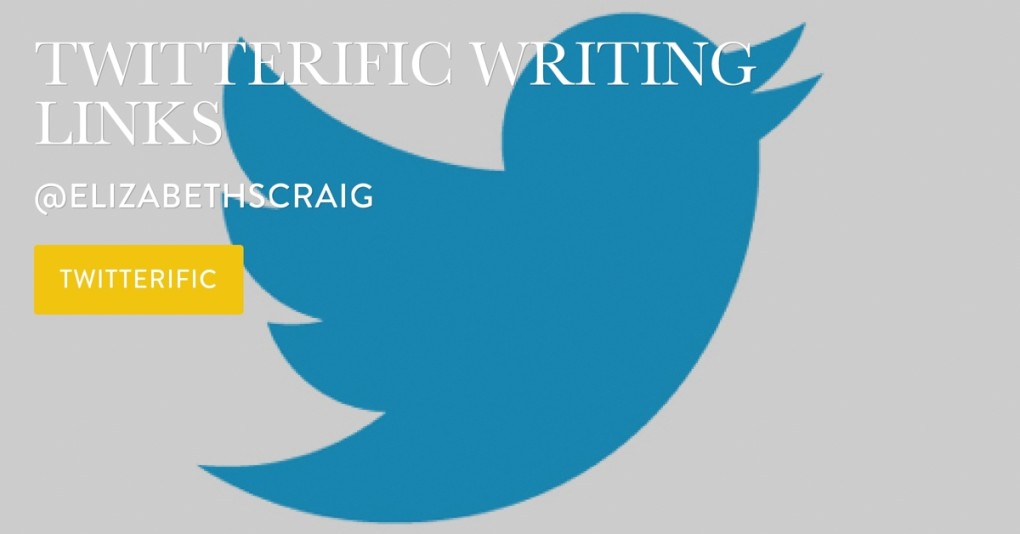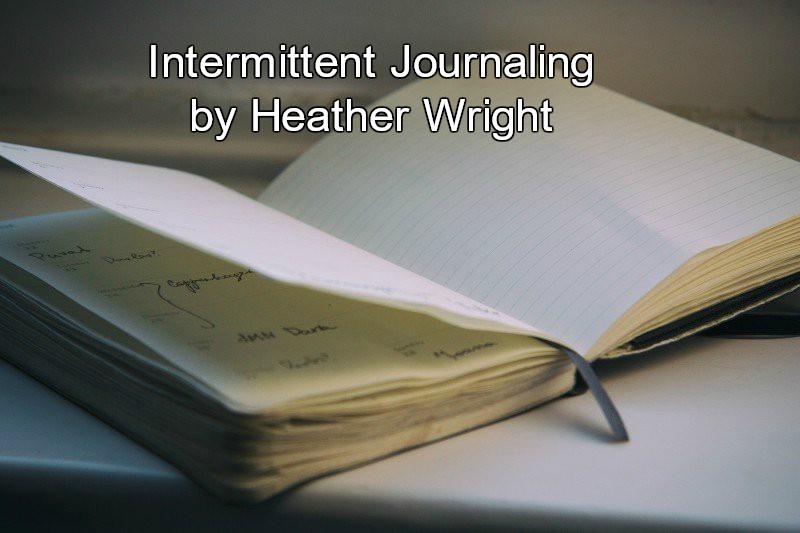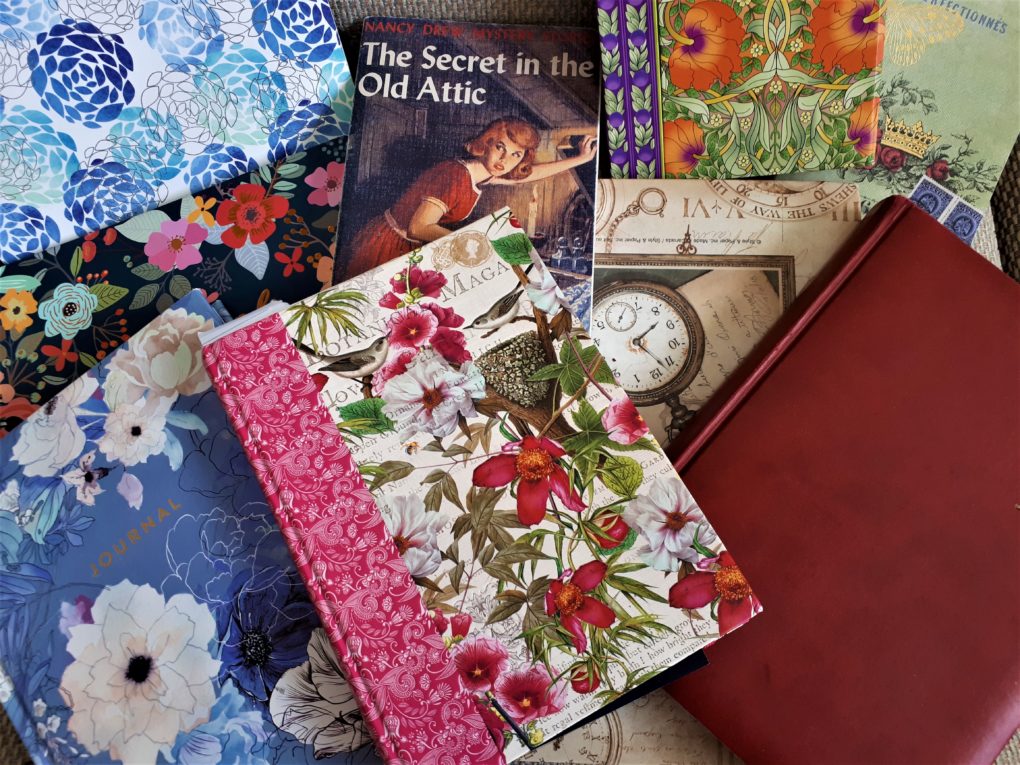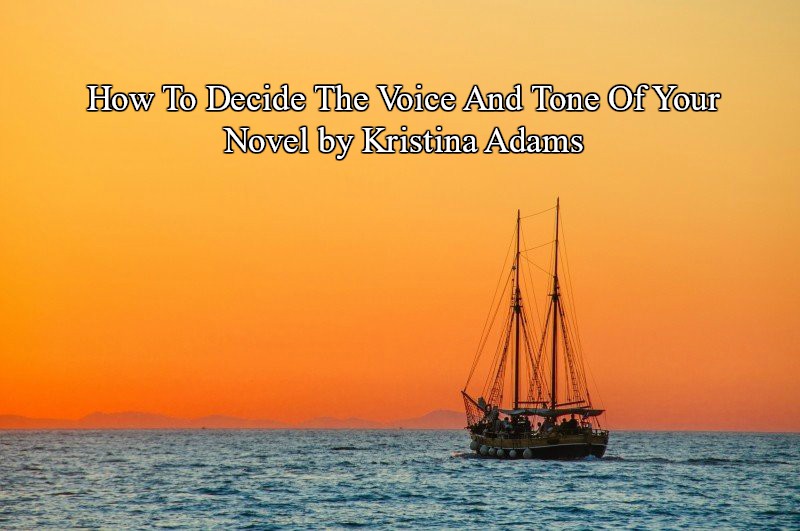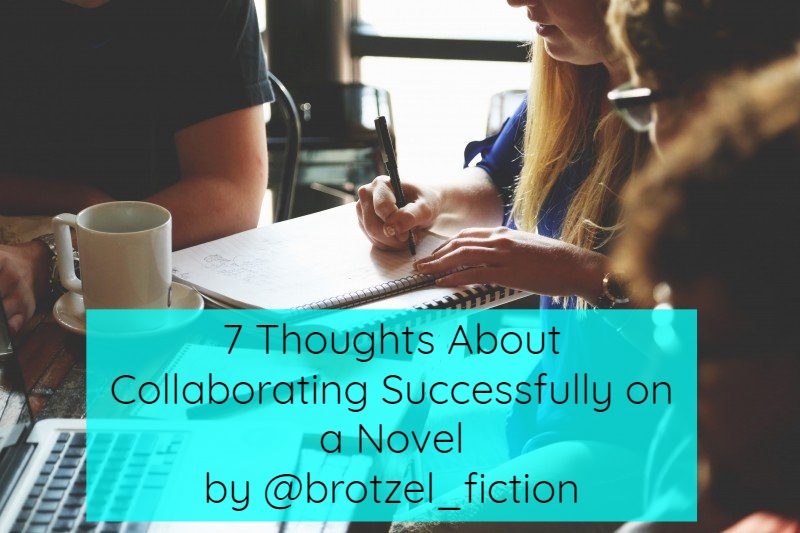by Elizabeth S. Craig, @elizabethscraig
Twitterific writing links are fed into the Writer’s Knowledge Base search engine (developed by writer and software engineer Mike Fleming) which has over 50,000 free articles on writing related topics. It’s the search engine for writers.
Have you visited the WKB lately? Check out the new redesign where you can browse by category, and sign up for free writing articles, on topics you choose, delivered to your email inbox! Sign up for the Hiveword newsletter here.
- What’s Your Writing Plan? @WritingForward
- How and why to order author copies from Amazon KDP and IngramSpark: @BirdsOAFpress
- How to Track Conversion and Calculate ROI on Facebook and Bookbub Ads: @ReedsyHQ @IndieAuthorALLI @RicardoFayet
- Don’t Let Plagiarism Kill Your Career: @maryannwrites
- Tracking Kindle Sales with Book Report: @MJBowersock @IndiesUnlimited
- Guy Gunaratne Wins the 2019 Dylan Thomas Prize for ‘Mad and Furious City’: @Porter_Anderson @dylanthomprize @guygunaratne
- Germany’s Börsenverein Will Award First Nonfiction Prize in 2020: @Porter_Anderson @boev @pubperspectives
- Oman’s Jokha Alharthi and Translator Marilyn Booth Win the 2019 Man Booker International Prize: @Porter_Anderson @ManBookerPrize
- US National Book Foundation Program To Distribute 1-Millionth Book: @Porter_Anderson @nationalbook @likaluca
- Books, Bookmarks, Business Cards Or Digital Giveaways. What Should Authors Be Ready To Give Away? @c_penticoff @thecreativepenn
- The Art of the Book Event: 9 Tips: @AnnMarieNieves @WriterUnboxed
- During BookExpo, London Book Fair’s CAMEO Awards Make a US Debut: @Porter_Anderson @LondonBookFair @BookExpo
- Schmoozing for Introverts: How to Network Like a Pro: @LisaEllisonsPen @JaneFriedman
- BookExpo Hears the Call of Audio: APAC Becomes the Big Conference: @Porter_Anderson @pubperspectives
- Searls Wins Wolff Translator’s Prize; UK’s Women’s Poets Announce Swift Book: @Porter_Anderson @GI_NewYork @FoundationSwift

